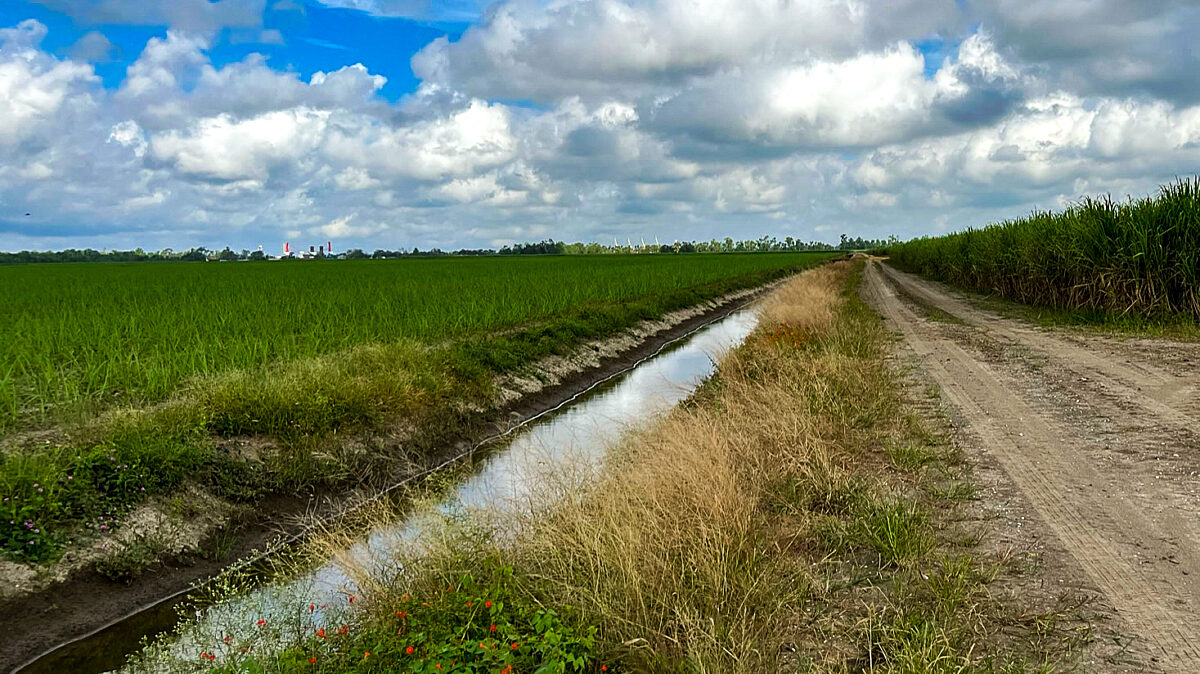Staying in the Game on WOTUS
TOPICS
WOTUSZippy Duvall
President

photo credit: AFBF Photo, Cole Staudt
Zippy Duvall
President
Fall is one of my favorite seasons on the farm. From calving to harvest, it’s a time to celebrate life on the farm and the results of months of planning and tending. Fall also brings another important tradition to our farmhouse—and probably yours as well—the return of college football. In fact, I think you’d be hard pressed to find a more enthusiastic fan than Miss Bonnie. She loves cheering her team on, right down to the last second of the last play. The players—and the fans—keep giving it their all, as long as there is still time left on the clock. Sometimes the most amazing victories or crushing defeats happen just as the clock runs down.
It feels a lot like that last quarter of the game when it comes to the Waters of the U.S. rule right now. Farmers have gotten some tough calls along the way, and we’ve come back strong in the fourth. But we cannot stop driving down the field until we have a win for clean water and clear rules.
For those farmers and ranchers, every small wetland, ditch or ephemeral stream on their land is a regulatory landmine.
Clean water matters to all of us. From rural Minnesota to downtown Atlanta, we all want—and need—access to safe water for ourselves and our families. For years, AFBF and others in agriculture have been calling for clean water and clear rules, because we know it’s possible to have both.
Unfortunately, the Obama Administration muddied the waters with its 2015 WOTUS rule. The EPA wrote an illegal rule that threatened farmers and ranchers with jaw-dropping penalties and even criminal prosecution for plowing or spraying a “water of the U.S.” But it was so broad and vague that “water of the U.S.” could include most any land where water sometimes flows or ponds after a rain. The 2015 WOTUS rule didn’t provide clarity, as the agency claimed. It was a pig in a poke: bureaucratic doublespeak designed to allow the federal government to regulate productive land use. Thankfully, several courts recognized the dangerous potential of the rule and blocked it—temporarily. But those orders only apply in specific states, leaving farmers in much of the country still vulnerable to enforcement.
The battle in the courts continues, and the Trump Administration is hard at work to repeal the WOTUS rule and give all Americans the clean water and clear rules we want and need. But each move by the current EPA is tackled in court. Just last month, a federal district court struck down EPA’s nationwide delay of the 2015 WOTUS rule, making it once again the law of the land in 26 states. Since then, several other courts have been asked to block the 2015 rule—nationwide or at least in specific states. Today, farmers and ranchers in 23 states are subject to the confusing and unlawful WOTUS rule. For those farmers and ranchers, every small wetland, ditch or ephemeral stream on their land is a regulatory landmine. That’s one more layer of uncertainty for farmers in these already uncertain times.
When it comes to waters of the U.S., the game isn’t over, the outcome isn’t certain, and our opponents would like to run out the clock. None of us can afford to sit passively in the stands—much less celebrate. AFBF will continue to press the Administration to finally, once and for all, Ditch the Rule. We urge you to fight—and cheer—with us. If these months of blocking and tackling lead us to a future where our land isn’t regulated like water, it will have been worth the effort.
Zippy Duvall
President
Vincent “Zippy” Duvall, a poultry, cattle and hay producer from Greene County, Georgia, is the 12th president of the American Farm Bureau Federation.
Top Issues
VIEW ALL